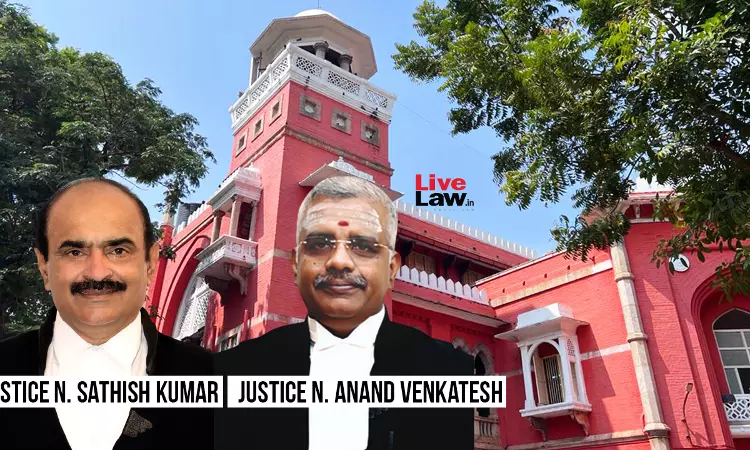Madras High Court Quashes GOs Allowing Police To Exercise Power Of Executive Magistrate, Make Habitual Offenders Execute Bonds
Upasana Sajeev
14 March 2023 9:13 AM IST

Next Story
14 March 2023 9:13 AM IST
The Madras High Court has held that appointing Deputy Commissioners of Police as Executive Magistrate is violative of the Constitution and the District Police Act. A bench of Justice N Satish Kumar and Justice Anand Venkatesh thus declared two Government Orders as unconstitutional, which gave Deputy Commissioners the powers of an Executive Magistrate while dealing with bonds for...
